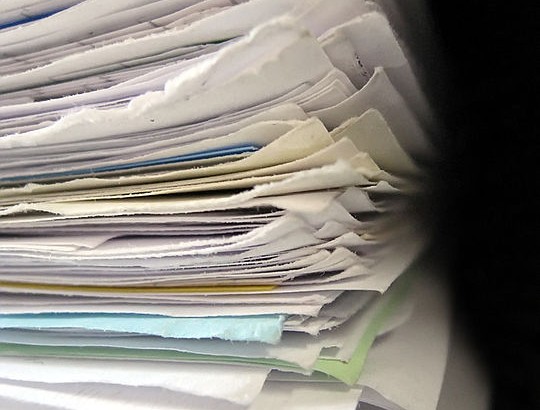Podcast: Play in new window | Download
Subscribe: Spotify | Email | TuneIn | RSS
In some jobs, one day at the office looks a lot like the next. You could look through your calendar and optimize your meeting schedule and to-do list without much thought.
But working in a lab is different: your projects are in constant flux, experiments lead to other experiments, and you need to balance bench work with meetings, mentoring, and writing.
That busyness can lead to inefficiency as you tackle the items on your list one after another. Worse, you’re forced to plan overlapping activities to fill the ‘downtime’ during incubations and time points.
This week, we encourage you to take a step back, look over your list of competing priorities, and ask some hard questions about what’s really important.
You might find you have more free time on your hands than you ever imagined…




